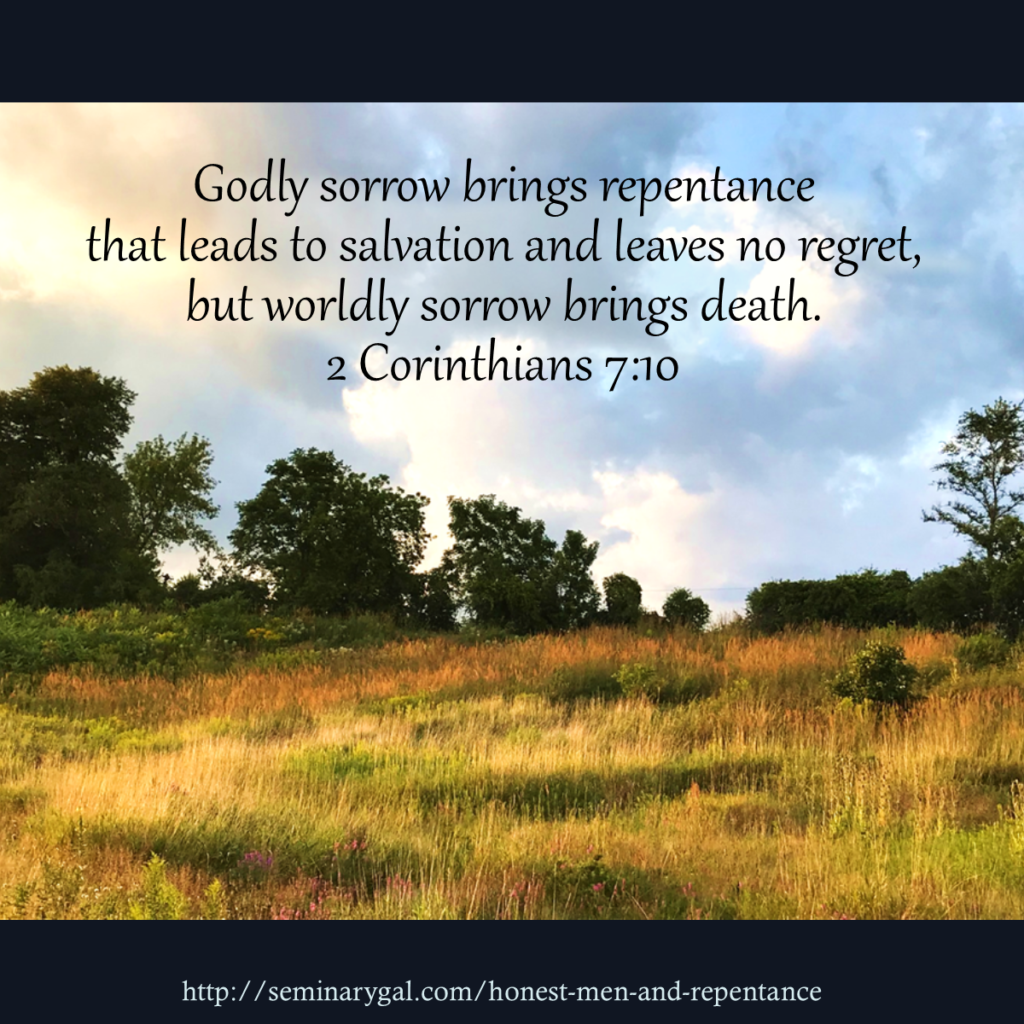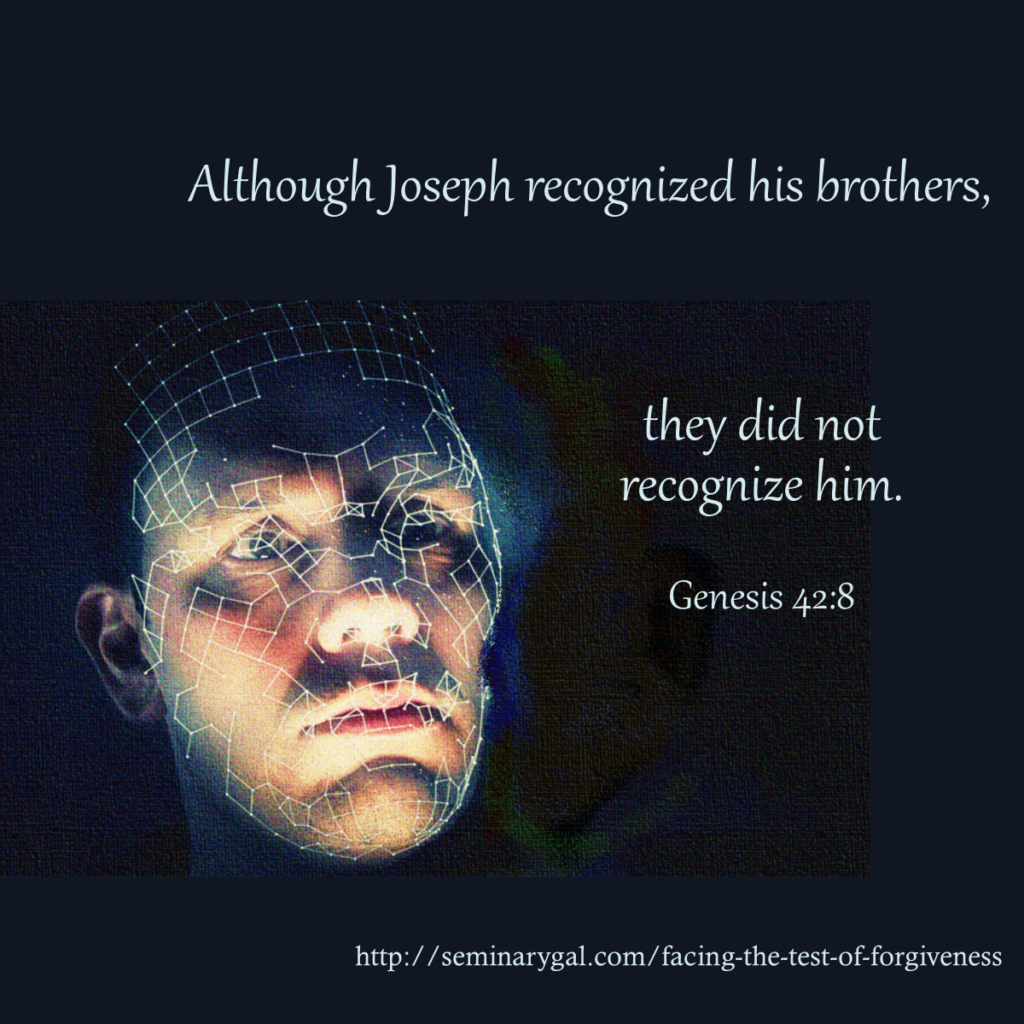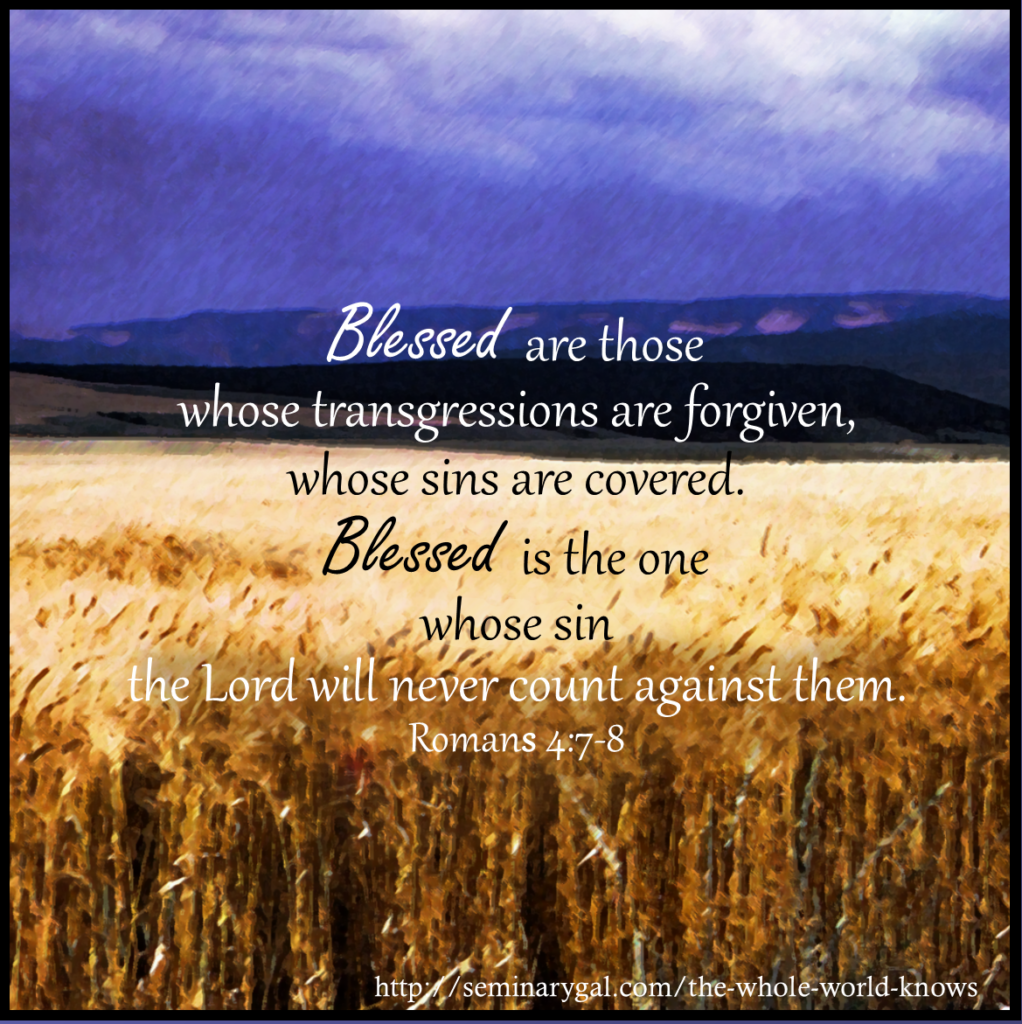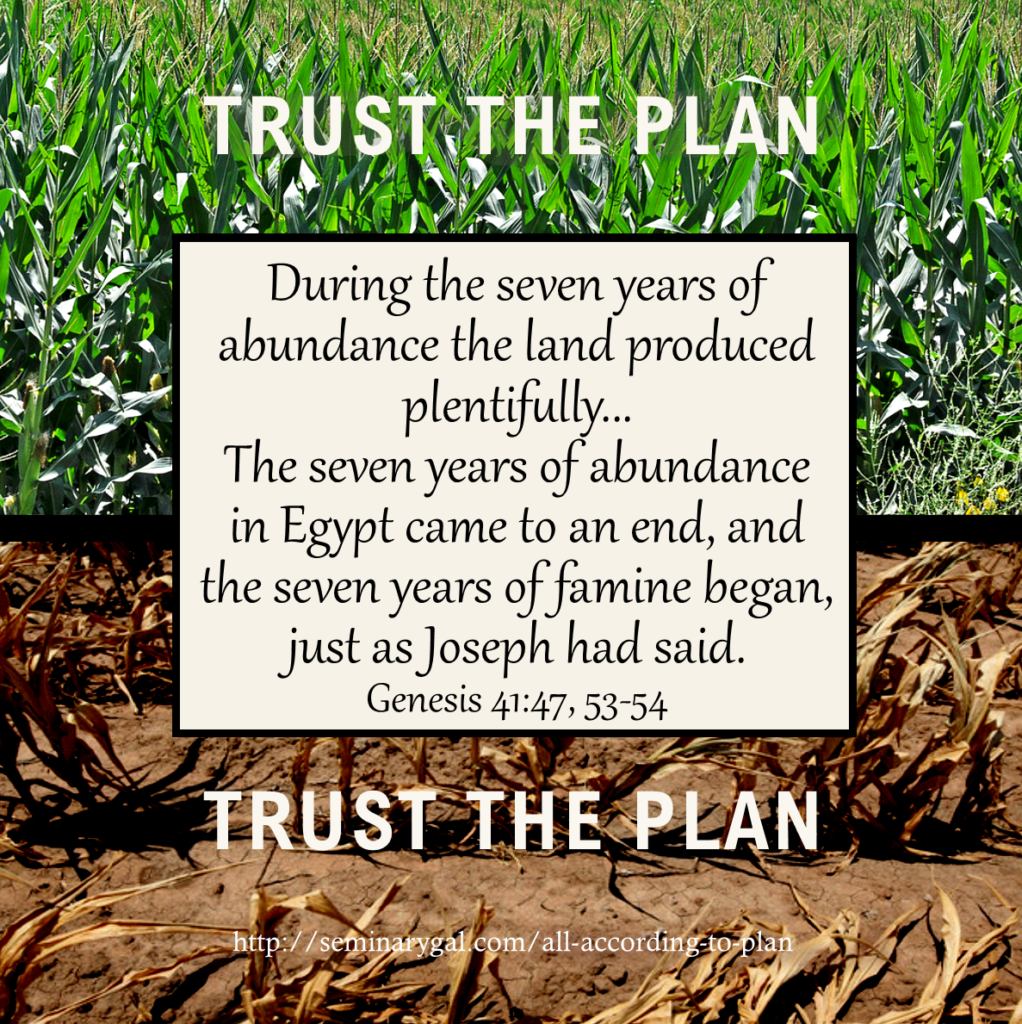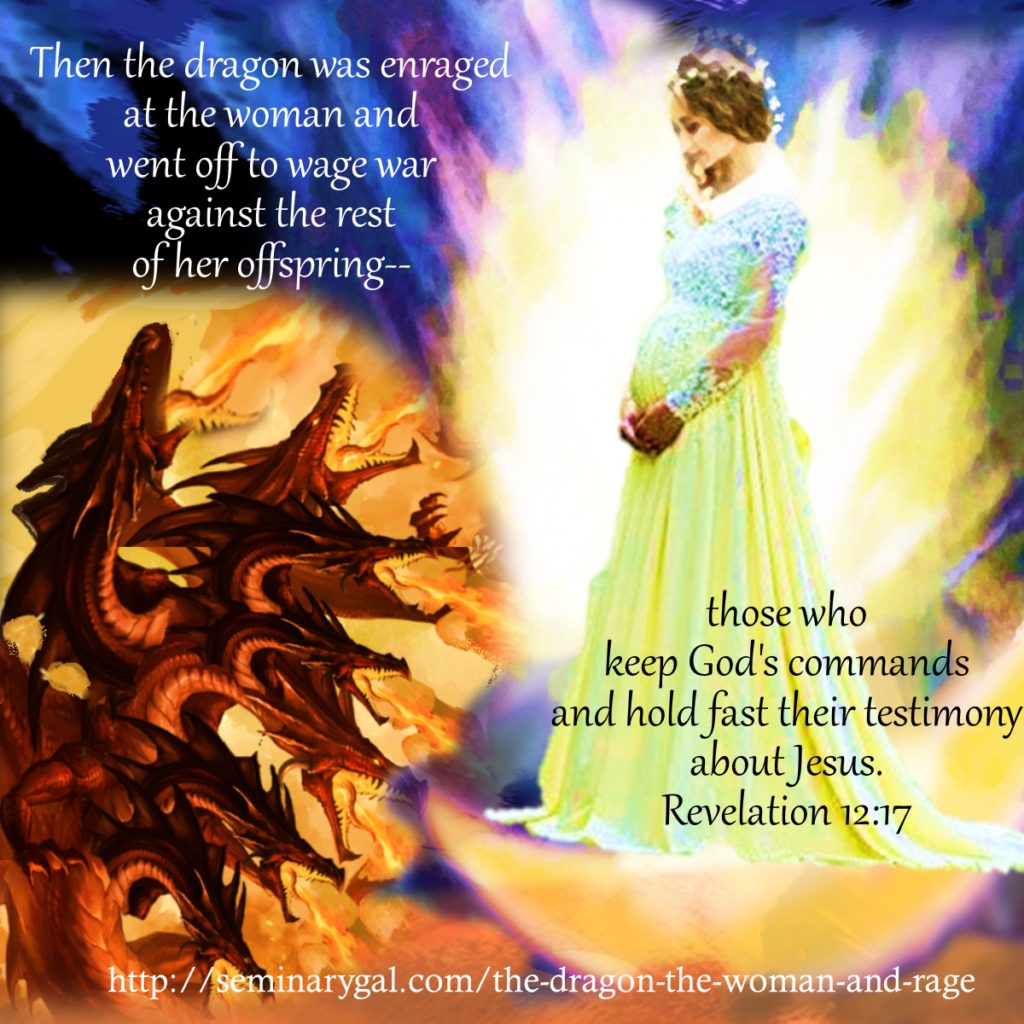Joseph’s brothers are about to reveal their true colors as we continue our look at
“Joseph: A Life with Many Colors.” Joseph (the Governor over Egypt, to whom his 10 brothers have come for grain) says, Genesis 42:20 But you must bring your youngest brother to me, so that your words may be verified and that you may not die.” This they proceeded to do.
Well, at least they got after it promptly…but in the presence of Joseph whom the brothers still thought was a foreigner, and not their brother.
Genesis 42:21 They said to one another, “Surely we are being punished because of our brother. We saw how distressed he was when he pleaded with us for his life, but we would not listen; that’s why this distress has come on us.”
22 Reuben replied, “Didn’t I tell you not to sin against the boy? But you wouldn’t listen! Now we must give an accounting for his blood.”
Joseph just got through saying he feared God. But the brothers are afraid for a different reason. To them, God is the punisher, demanding an account. It’s the difference between fearing God out of reverence and fearing God because of what He can do to you as punishment.
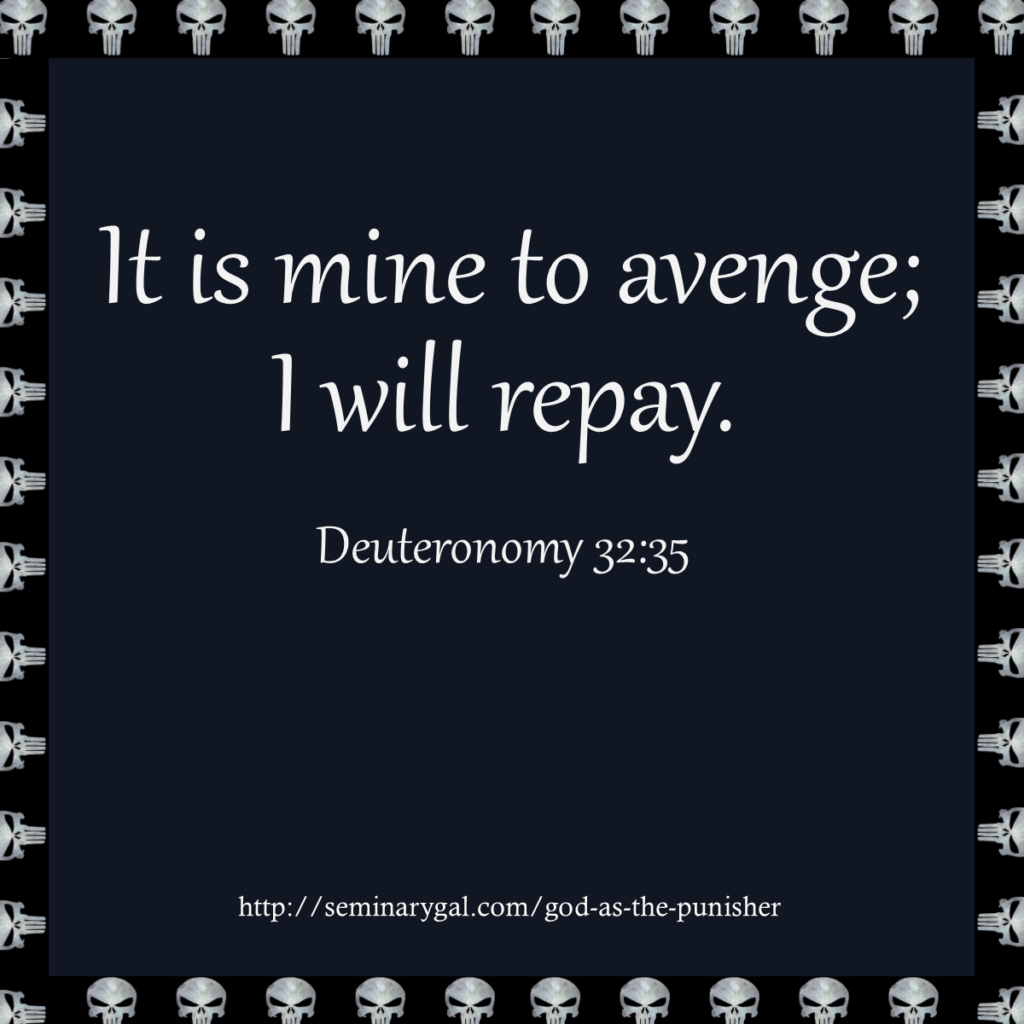
Genesis 42:23 They did not realize that Joseph could understand them, since he was using an interpreter. 24 He turned away from them and began to weep, but then came back and spoke to them again. He had Simeon taken from them and bound before their eyes.
The original plan had been to send one and keep the others hostage. The test gets a bit more personal now. Whereas sending one might make his father send Benjamin, the youngest, because 9 others remained in Egypt, this plan is more pointed.
Sending all home but one …
makes the test more clearly about whether one is worth saving.
Would the brothers sacrifice Simeon (Leah’s second son)? Would Jacob (Joseph’s father) sacrifice Leah’s second to preserve Rachel’s second? This was a multi-layered test by Joseph, but moreover a test designed by God who is about to display that He’s not a punisher with one-for-one accounting, but a holy God who is forgiving and worthy of worship. But to do that, there’s more testing to do.
Genesis 42:25 Joseph gave orders to fill their bags with grain, to put each man’s silver back in his sack, and to give them provisions for their journey. After this was done for them, 26 they loaded their grain on their donkeys and left. 27 At the place where they stopped for the night one of them opened his sack to get feed for his donkey, and he saw his silver in the mouth of his sack.
Uh-oh. That wasn’t supposed to happen.
Genesis 42:28 “My silver has been returned,” he said to his brothers. “Here it is in my sack.” Their hearts sank and they turned to each other trembling and said, “What is this that God has done to us?”
Think about it:
- When there’s a natural disaster, how often do people ask, “Where was God?” Or look to identify who God is punishing?
- Do people (in a generic sense) view—or even want to see—God as a punisher? What about a punisher-God do people like?
- Think about justice. Who do we want to see punished? Is it ever ourselves or always someone else whom we think deserves it?
- Now, think about grace. The silver returned was an act of grace. The grain, too, was an act of grace since they received provisions to halt their families’ starvation without cost. What was the brothers’ reaction to the silver and the grain, to grace? To praise God or to worry?
- What does that say about their fear? Was their fear rooted in reverence or wrath?
- Let’s bring the test home to you and me now. Who got punished for God to give us grace?
- Is Jesus’ grace good enough? Do you believe God is simply a punisher of wrongdoers, or maybe when bad things happen to you that God is punishing you?
- In Deuteronomy 32:35, the Bible says of God, “It is mine to avenge; I will repay.” How ought this remove any desire for revenge?

